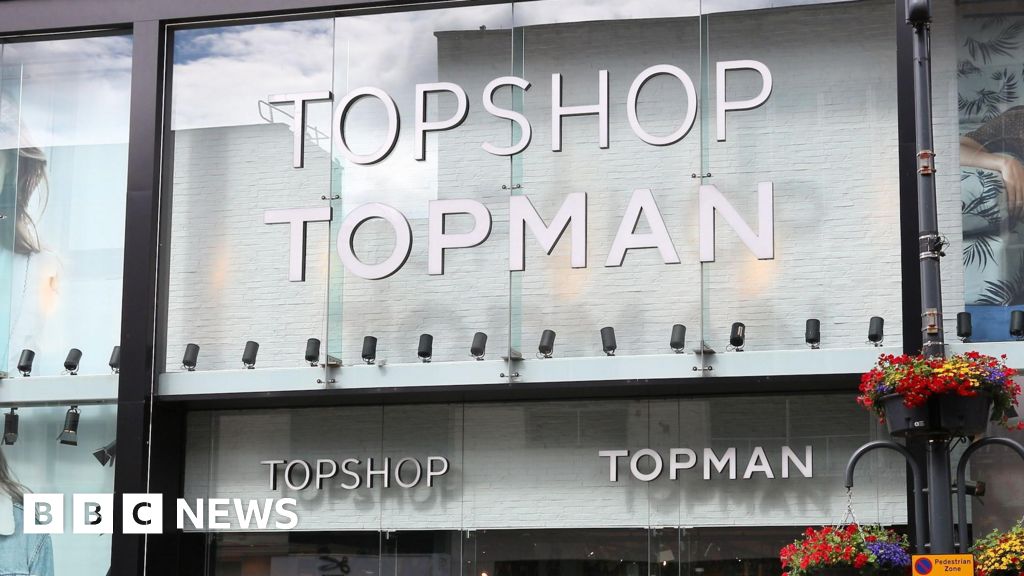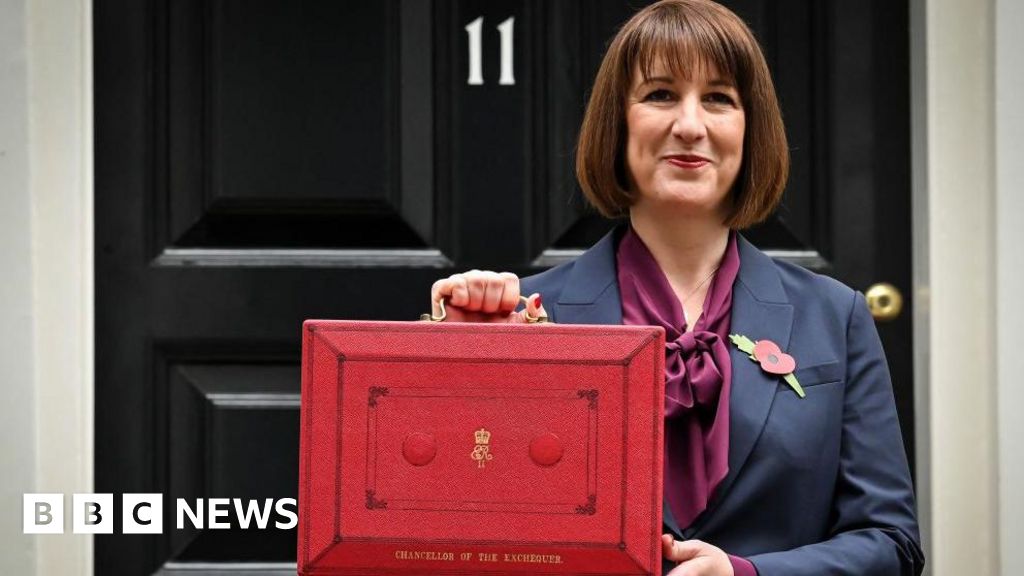Kevin Peachey
Cost of living correspondent

 Getty Images
Getty Images
A ruling by the UK's most senior judges later could pave the way for millions of motorists to claim compensation for motor finance mis-selling.
The Supreme Court will decide whether or not to uphold an earlier ruling which found that hidden commission payments to car dealers were unlawful.
Around nine in 10 new cars are bought on finance, so a decision could lead to billions of pounds being claimed by people who bought cars over many years.
But the industry says it did nothing wrong, leaving lenders, drivers and the government waiting for clarity from the Supreme Court later.
Many thousands of car buyers are already in line for payouts, but this case could widen the pool of potential claimants significantly.
Major lenders, such as Lloyds, have set aside huge amounts of money in preparation for such a scenario, with the possibility of payouts approaching the levels seen during the payment protection insurance (PPI) scandal.
The car finance sector is the second biggest lender to consumers in the UK, with people only borrowing more in mortgages.
How cars were bought
The vast majority of new cars, and many second-hand ones, are bought with finance agreements. Motorists put down a deposit, borrow the rest as a loan, and drive off in their new vehicle.
Dealers were signing up customers to these finance deals and, behind the scenes, were paid a commission by lenders.
Some dealers were paid more in commission if they secured a higher interest rate on the loan. These were known as discretionary commission arrangements (DCAs) and were banned by regulators in 2021.


Jemma Caffrey says the deal was completed very quickly
The Financial Conduct Authority (FCA) is likely to set up a central compensation scheme for those drivers who were mis-sold loans that had DCAs.
However, some - like Jemma Caffrey, from Blackburn - want to take their cases to court, to pursue the prospect of a bigger payout.
The 42-year-old bought a car in 2009 on her first day back at work after maternity leave. Her son was born with difficulties so she needed a car to get to work and multiple medical appointments, because it was impossible on public transport.
"I feel I was taken advantage of as a vulnerable new mum," she said.
She paid a high interest rate for the blue Corsa. It was not until years later, having read about car finance in the local press that she went to Courmacs Legal to bring a claim.
Like many other cases, that is now on hold pending the Supreme Court ruling.


Marcus Johnson bought his first car on finance
The Supreme Court is considering whether nearly all hidden commission arrangements were unlawful - not just DCAs.
Judges are considering three test cases, including that of Marcus Johnson, 34-year-old, from Cwmbran, Torfaen.
Mr Johnson said when he bought a blue Suzuki Swift in 2017 he simply did not know that the commission had been paid, although the lender said he had signed a document.
The solicitors in these three cases say that the commissions amounted to bribes at common law.
At the heart of this case is the duty of the motor dealer. When selling the car, the dealer is trying to seal the best deal for the business.
But the Court of Appeal effectively said that, when the dealer then became a broker for the loan, it had a duty to act solely in the best interests of the buyer, not the lender.
Economic fallout
The car finance sector insists it complied with the law as it was understood, and as regulation required.
The Finance and Leasing Association, the trade body for the motor finance sector, has said it wants the Supreme Court to provide what the rules are permanently for the future.
The FCA said it would announce whether and how it would proceed with a compensation scheme within six weeks of the judgement.
In February, the Supreme Court rejected an unusual intervention from the government, which was worried huge amounts of redress payments could upset the car market and make it less competitive, as well as making the UK less attractive to investors.
The Treasury has said it wants to see a "balanced judgment" that delivers compensation proportionate to losses that consumers have suffered and allows the motor finance sector to continue supporting millions of motorists to own vehicles.
It has been concerned this case is deterring investment in the UK, and hitting economic growth.
But Bobby Dean, a Liberal Democrat MP and member of the Treasury Committee, who has questioned lenders and others on this topic, said growth was not in competition with fairness and redress for consumers.
"Good regulation can make sure that consumers are protected and have confidence to buy things like car loans and that's the best thing we can do for the economy," he said.
We will bring you live reporting of the judgement as soon as we get it followed by expert analysis on what it means for millions of drivers.



 Movie
Movie 1 month ago
69
1 month ago
69 





![Presidents Day Weekend Car Sales [2021 Edition] Presidents Day Weekend Car Sales [2021 Edition]](https://www.findthebestcarprice.com/wp-content/uploads/Presidents-Day-Weekend-car-sales.jpg)



 English (United States)
English (United States)